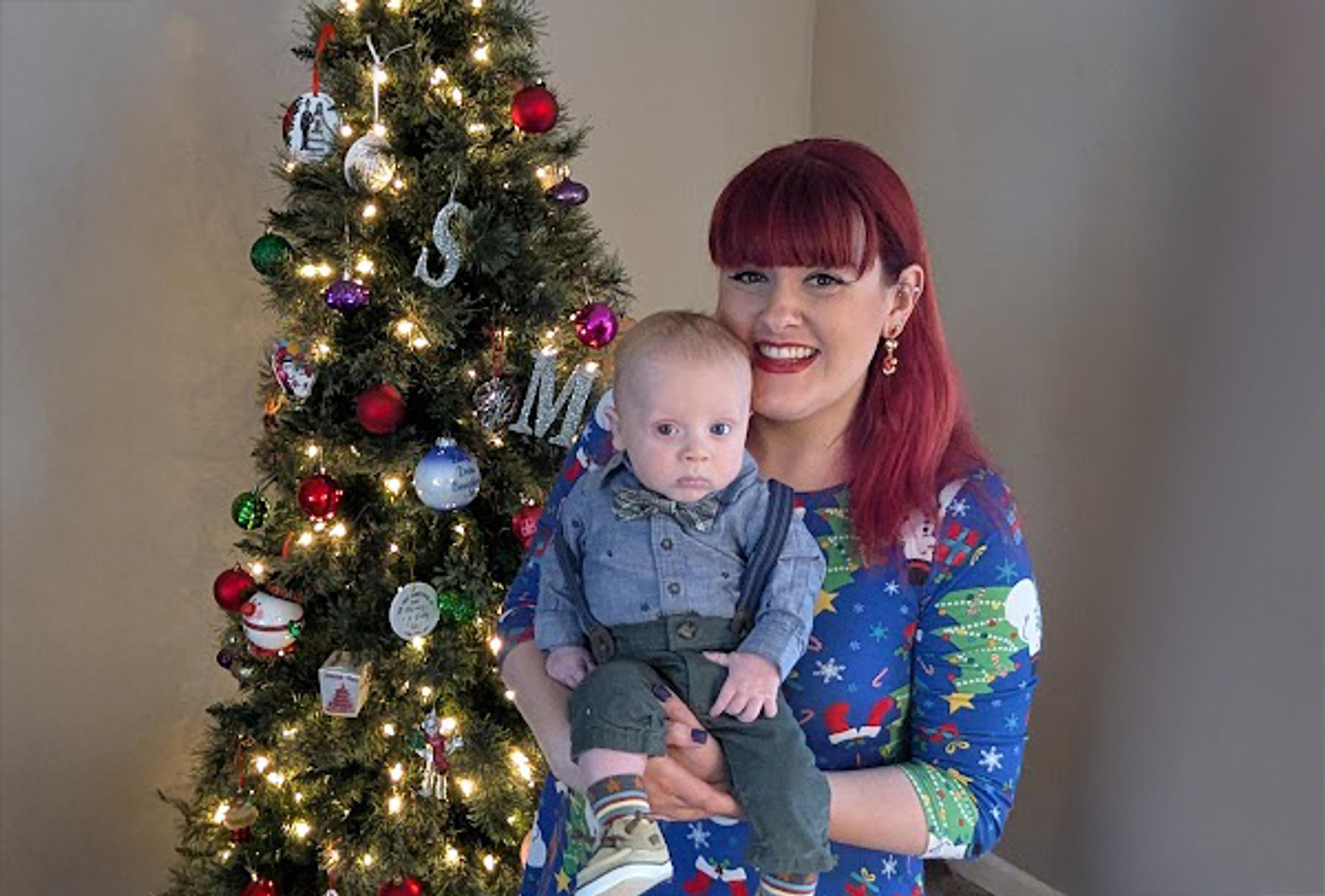How I Set Boundaries During the Holiday Season to Avoid Burnout

Monica Drake
| 3 min read

With the holiday season officially kicking off, I’m already feeling overwhelmed by all the extra plans, parties and family obligations that are starting to pile up. But I remind myself it's OK to skip the event, stay home and prioritize my mental health.
It’s easier said than done. I have always been a “Yes Girl,” even if it’s at the expense of my own mental health. Since having a child, though, I’ve been getting better at saying “no” out of necessity.
Afterall, it’s not feasible to say “yes” all the time when I have a tiny human who relies on me. But even if I didn’t have a child, it would be fine to not feel guilty for saying “no.” It’s a lesson I wish I would have learned earlier. And I don’t have to have other plans. Self-care, staying home and relaxing after a hard week are valid plans.
Human beings need dedicated time to recharge in order to function at full capacity. This may mean declining a get-together or even an extra shift at work. According to Henry Ford Health, "doing nothing" is crucial for problem-solving, creativity, mood, learning and productivity, suggesting that time spent simply relaxing is actually highly productive for your brain.
This is something that's taken me a long time to realize and, with a baby, now I'm forced to put it into practice. Below are some tips I've found that have helped me make time for myself and say "no" when I need to, especially during the holiday season:
- If I’m invited to multiple holiday get-togethers in one weekend, I try to determine what is most important and brings me the most joy. Annual family parties where my son is invited is top tier. I’ve had to start setting a dedicated rule for how many times I go out during the week to avoid burnout.
- I also acknowledge the financial strain. It’s completely valid to decline plans that cost the most money. The holidays are expensive enough as it is.
- I remind myself that I don’t have to give a reason why. I can just say, “I’m sorry, November and December are really busy, and I’m not going to be able to make it!” "
- I also think about how much energy the event will take. In my 20s, I could go out to a party every weekend night. Now, I can't. I’ve started to prioritize my own rest without feeling guilty about it.
- If I decline, I will offer a raincheck. I’ll suggest a day to meet later, like “How about January or February when things calm down.” This lets the other person know I’m saying "no" to the time, not the person.
- Every once in a while, I’ll take a random day from work. I won’t tell anyone else, I won’t make any plans, and I’ll still take my kid to day care. Then I’ll just take dedicate the whole day to myself – and maybe catch up on wrapping presents.
When that wave of guilt hits after saying "no," I have to remind myself that it is necessary. Saying "no" to a party means saying "yes" to my family, my mental health and my energy reserves. This reframing is a powerful tool against the anxiety of disappointing others. I know the people who truly love me will understand it's just not possible to do everything. I’m not a bad friend or a bad employee for needing time to breathe, rest and recharge.
Image: Courtesy Monica Drake
Related:





